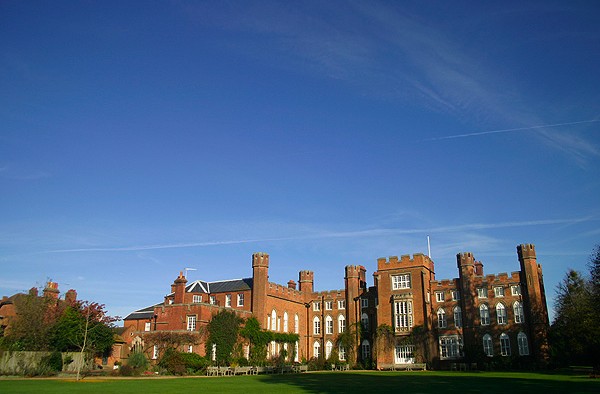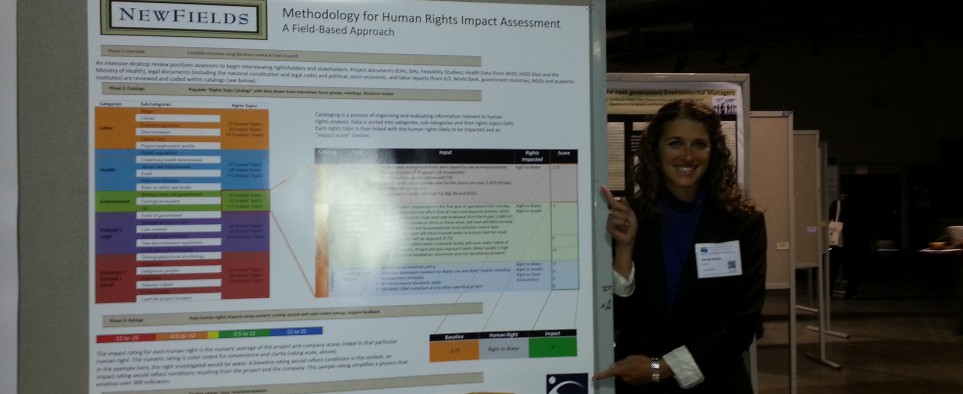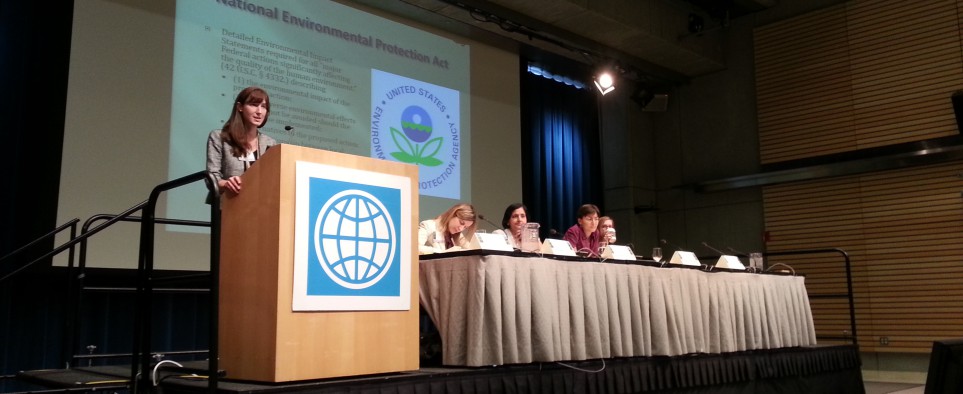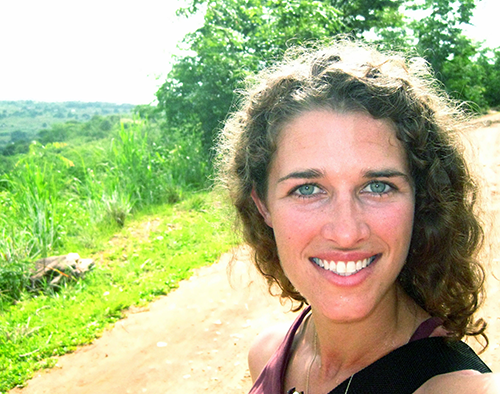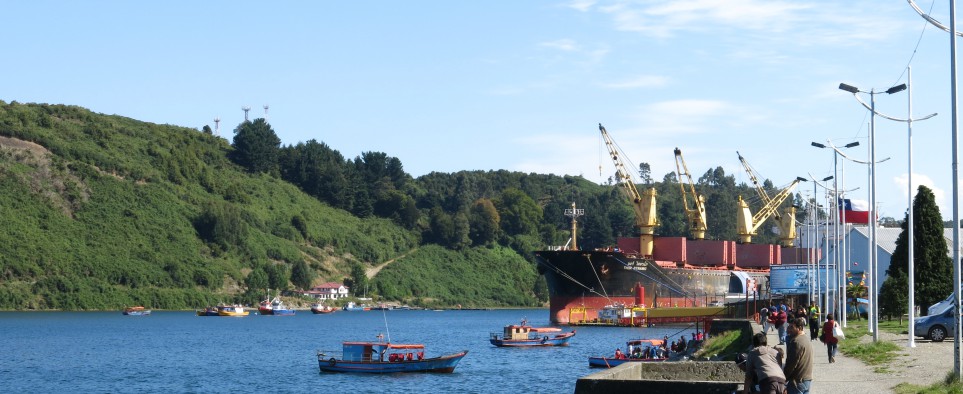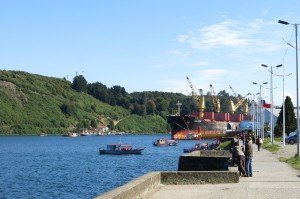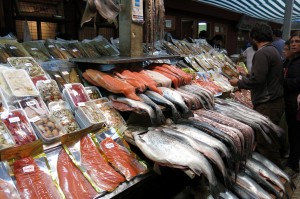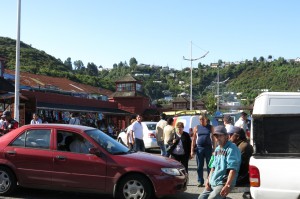The World Bank has been doing some soul-searching and repositioning under new president Dr. Jim Kim. The changes are taking two primary forms: the development of a “World Bank Strategy” that will guide the activities of all of its sub-bodies (including the IFC, which makes loans to companies, rather than governments), and the review of “Safeguard Policies,” which are designed to ensure that World Bank projects are socially and environmentally responsible.
The World Bank revamp was deemed necessary partly because six months ago, the Bank committed to end extreme poverty by 2030, a goal recognized as unfeasible under its current lending patterns.
Boosting incomes for the world’s poorest means reducing inequalities built into economic and governance systems. Development projects designed and constructed without a thorough understanding of social conditions often exacerbate inequalities.
It’s not possible to protect the poorest members of society from further marginalization without assessing, ex-ante, the impacts a development project will have on them. Because the World Bank recognizes poverty is a multifaceted condition reliant on social, economic, cultural and political factors, it follows that it should start considering ways to assess a project’s impacts on the social, economic, cultural and political impacts on a diverse set of affected rightsholders.
To this end, last week NomoGaia presented at the World Bank’s annual meetings on human rights impact assessment.
The World Bank is well positioned to make human rights central to its safeguard policies. This is partly because the World Bank’s member countries are legally bound to protect, respect and fulfill human rights. The states’ duty to ensure that their associated international financial institutions do not negatively impact human rights was recently reinforced in the UN Guiding Principles (Principle 10 Commentary). If the World Bank is serious about eliminating extreme poverty and reducing inequality, it should know its impacts and show how they are mitigated. The tools are available, but the commitment isn’t yet forthcoming.



